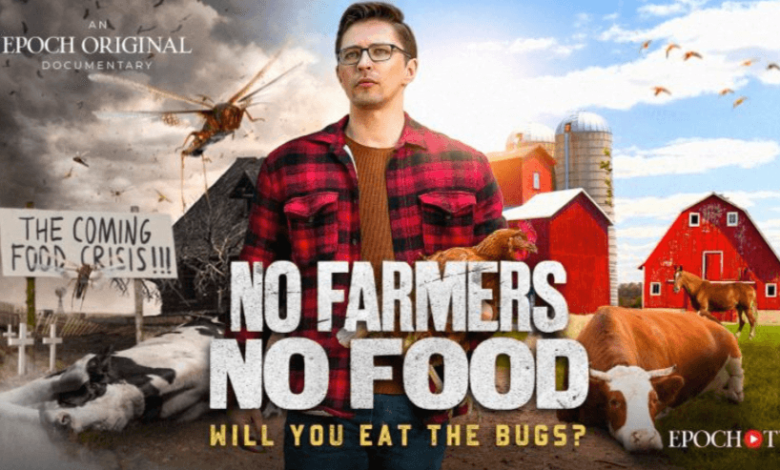No Farmers No Food: Will You Eat the Bugs?

No Farmers No Food: Will You Eat the Bugs? As the global population escalates, the demand for sustainable food sources becomes paramount, prompting a reevaluation of our dietary choices. Entomophagy, the practice of consuming insects, offers a compelling solution due to its high nutritional content and lower environmental footprint. Despite prevalent cultural aversions, the integration of insects into our diets could not only address food insecurity but also enrich our culinary experiences. The pivotal question remains: can we overcome our ingrained biases to embrace this alternative, or will we continue to prioritize tradition over innovation in our quest for sustainable food systems?
The Need for Sustainable Food Sources
Sustainable food sources are essential for meeting the needs of a growing global population, projected to reach nearly 10 billion by 2050.
Achieving food security while minimizing environmental impact necessitates innovative agricultural practices and resource management.
Prioritizing sustainability not only secures nutrition for future generations but also preserves ecosystems, allowing societies the freedom to thrive without compromising the planet’s health or depleting its resources.
Read Also Outline:7we_Af7_L3w= Chevy Logo
Benefits of Eating Insects
Recognizing the urgent need for alternative protein sources, many researchers and nutritionists are advocating for the incorporation of insects into our diets.
Insects offer significant nutritional advantages, being rich in protein, vitamins, and healthy fats. Additionally, their cultivation has a minimal environmental impact, requiring less land, water, and feed compared to traditional livestock.
Embracing entomophagy could be a sustainable solution for global food security.
Cultural Perspectives on Entomophagy
The growing interest in alternative protein sources, such as insects, brings attention to the diverse cultural perspectives surrounding entomophagy.
In many cultures, insects are celebrated culinary traditions, while in others, they face cultural taboos that hinder acceptance.
Understanding these perspectives is crucial for fostering dialogue and innovation in food systems, as overcoming taboos can lead to broader acceptance of sustainable protein sources like edible insects.
How to Incorporate Bugs Into Your Diet
Incorporating insects into your diet can be a rewarding endeavor that not only enhances culinary diversity but also contributes to environmental sustainability.
Start with simple bug recipes, such as cricket protein bars or meal prep options featuring roasted mealworms.
Gradually introduce these ingredients into familiar dishes, allowing you to explore new flavors while embracing a sustainable lifestyle that champions food security and ecological balance.
Conclusion
No Farmers No Food: Will You Eat the Bugs? The potential of entomophagy as a sustainable food source is underscored by the fact that insects can produce up to 80 times more protein per feed than traditional livestock. This statistic highlights the urgent need to re-evaluate dietary choices in the face of escalating global food demands. Embracing insects not only addresses food security challenges but also contributes to environmental sustainability, making it a crucial consideration for future food systems. The path forward may indeed depend on this unconventional yet viable solution.





